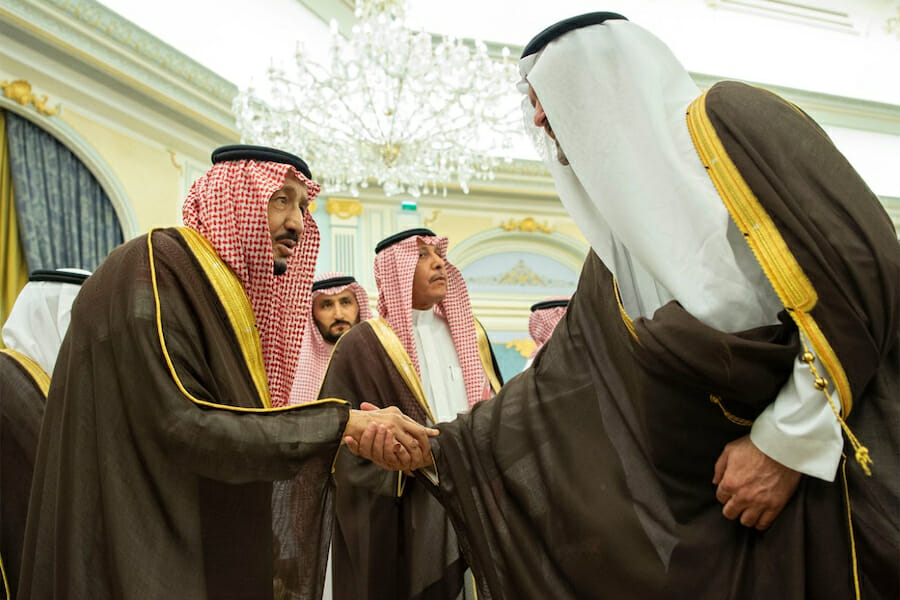
Is the Arab League Still Relevant?
The Arab League, commonly known as the League of Arab States, was formed in 1945 for the purpose of aligning the Arab nations for matters of mutual interest and concern. Foundations of the League were laid by The Alexandria Protocol of 1944 issued by representatives of Egypt, Iraq, Lebanon, Syria, and Transjordan (Now Jordan). But the undercurrent for Arab unity began following the Arabic Revolution against the Ottoman Turkish rule in 1916. Many Arab scholars at that time had a goal to unify the Arab world into one big entity. After that period, nationalism was on the rise in the greater Middle East and elsewhere. The Arabic Nationalism ideology was adopted as people were looking for ways to end the presence of colonial powers in the region and to achieve independence. Thus, the formation of the Arab League was complementary to the circumstances that the Arab world was living in at that time. The Arab League has witnessed both good and bad times since its formation but this pan Arab body is struggling to find its relevance today. The Arab League today represents little more than a fake talking shop where Arab leaders engage in brief meetings whilst exchanging empty pleasantries, before going back to pursue their vested interests.
The stated purposes of the Arab League are to strengthen ties among the member states, coordinate their policies, and promote their common interests. But ironically it failed to achieve any of these objectives and there are various reasons why it has lost its appeal. First and most importantly, is the growing divide between Sunni and Shia Muslims as there is a growing tendency for people to identify as Shia or Sunni rather than as Arabs. The League is considered by growing numbers of people to be a Sunni Arab body rather than as a pan-Arab body. Another important reason is the absence of democracy in the member states of the League. The Arab League is a platform for Arab dictators rather than Arab nations. Also, there is a negligible economic integration among member states. The flow of capital and trading blocs have strengthened regional groupings. The best example is the European Union.
Moreover, two regional non-Arab powers, Iran and Turkey, are penetrating lands in Iraq and Syria and openly interfering in the affairs of many Arab states, including Iraq, Lebanon, and Yemen. Iran has significant influence in the Arab world through its state and non-state actors. Ankara and Tehran are in a much better position to undermine any serious efforts of strengthening Arab unity.
Another contributing factor for the decline of the League’s relevance is lack of institutional reforms. The League should address the functional overlap between bodies such as the Council, the Political Committee and the Summit meetings, and should reinforce the powers of the Secretariat. Also, there is a lack of cooperation among the members to counter growing extremism which is a common threat for the whole Arab world. No serious thought has been given by the League to formulate any joint counter-terrorism effort. Increased intelligence co-operation and a centralised intelligence gathering mechanism is needed, one which does not infringe on the sovereignty of member states and one that can be unanimously and immediately passed by the League without a lengthy bureaucracy. But still, the Arab League after all its flaws has one core advantage. It’s the only regional organization which brings together all of the self-identified Arab states. If this organisation is strengthened then it can be a powerful regional platform for coordination and cooperation.
Arab states have to understand that Arab unity doesn’t only mean just criticising Israel, talking about the Iranian threat and a mere statement of support for the Palestinian cause. It has to go much beyond that. The Arab world must rise to meet the challenges it faces and take control of its own fate rather than just leaving it to global powers. The concept of wider Arab identity, in the form of a trans-national nationalism, should be promoted. Arabs should also understand the potential of enhanced mutual cooperation. If in the future the Arab world is somehow united to form a single powerful federation or confederation, it would be the third largest state in the world, behind China and India and just ahead of the United States. Because of its energy wealth, its access to some of the world’s most important shipping lanes, its younger population such a United Arab Federation would be a global superpower. At this point in time, it looks nearly impossible to think about any Arab federation but if given right direction and sincere efforts it can be a possibility in the future. Some small steps taken today can lead to major positive results for tomorrow.

